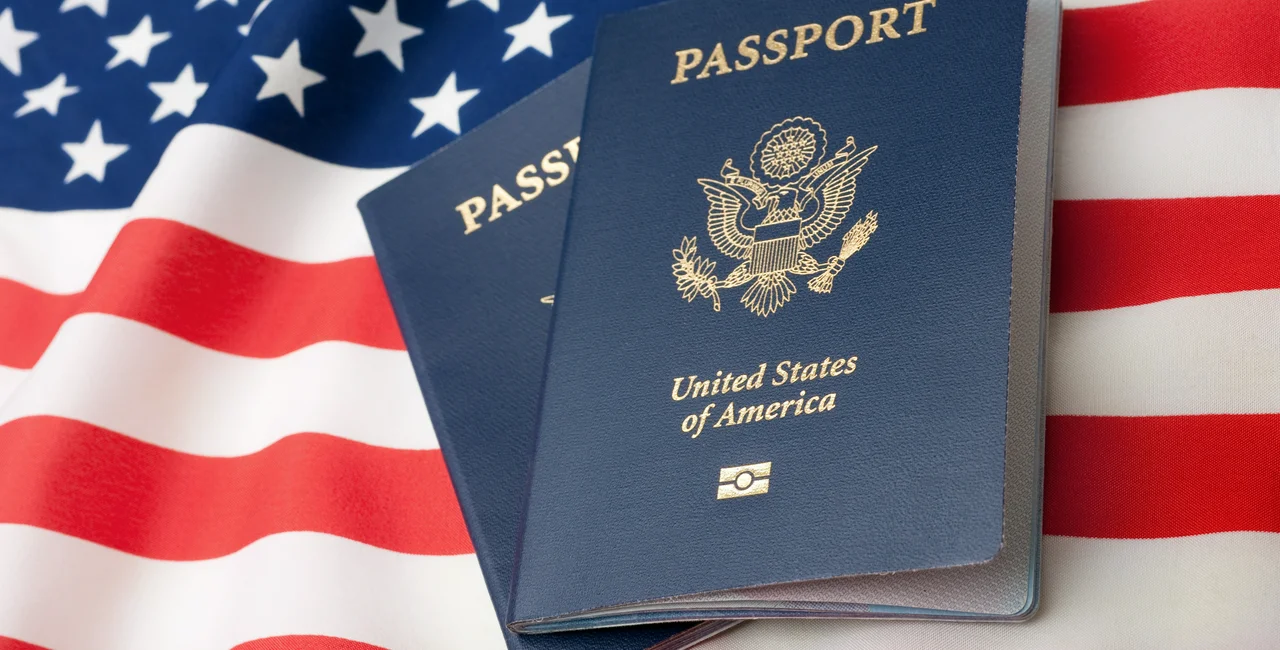Most foreign nationals living abroad don’t have to pay taxes in their home country. Americans are an exception. They are required to file income tax every year, regardless of where they reside. They're usually required to file in the country where they reside as well. While American citizens abroad get an automatic extension in filing and can even apply for a second extension, that only puts off the inevitable: They still have to file and pay taxes in both countries.
There is a way around dual taxation: a taxpayer can renounce his or her American citizenship. Most countries, including the Czech Republic, though, require foreigners, even ones with residency permits, to also have a valid passport. Giving up American citizenship is only an option for people who have some form of dual citizenship, so they will still have one valid passport remaining.
The U.S. State Department also warns that giving up U.S. citizenship is not something to be done lightly, as it cannot be easily reversed.
According to a recent survey of American expats living in 121 countries, about 6 percent of expats are planning to renounce citizenship and another 20 percent are seriously considering it, adding up to slightly over one in four. An additional 42 percent said they wouldn’t rule it out. Only 32 percent, less than a third, said they would never consider it.
The survey by Greenback Expat Tax Services showed that 40 percent of people who wanted to renounce citizenship said that filing U.S. taxes is too much of a burden. Difficulty in working with foreign banks was cited by 8 percent.
“Because the majority of the world’s nations use a system of residence-based taxation, most U.S. expats are required to pay taxes in their host country. Despite this, most also have to pay taxes to the U.S. government on the same income due to the U.S. practice of citizenship-based taxation,” Greenback Expat Tax Services stated.
The rest of the people gave reasons that were not related to finance. The second most popular reason, for wanting to renounce, at 15 percent, was the political climate, with an additional 10 percent disagreeing with the direction of the U.S. government, and another 10 percent saying they did not have strong ties to the U.S. Being married to a non-U.S. citizen was cited by 12 percent.
There are provisions in the tax law to prevent double taxation, such as the exclusion of foreign earnings. Last year, only 30 percent of expats owed money to the U.S. government last year, while 53 percent did not owe, and 13 percent received a refund. But even though the majority of people don’t have to pay any taxes, they still object.
Preschool Teacher

Some 77 percent of expats don’t think they should have to pay U.S. taxes while living abroad, and 40 percent of expats do not plan to return to the U.S. permanently.
In addition to taxes, U.S. citizens face additional paperwork for having a bank account in a foreign country. The rules were made to stop people from hiding money in offshore accounts to avoid taxes. However, they also apply to citizens living abroad. Some American expats report that they have difficulty opening accounts, as some banks don’t want to face the hassle involved in complying with American law.
“You have people doing what seems to them like very normal things, like saving for retirement, or buying a home,” David McKeegan, co-founder of Greenback Expat Tax Services, told news station CNBC. “But when you do it overseas, sometimes you can get yourself into a whole lot of trouble.”
People dropping their citizenship is still rather rare. In 2021, some 2,426 people dropped their U.S. citizenship in 2021, which was down from a record 6,705 in 2020. The lower figure in 2021 could be due to embassy closures related to the Covid pandemic, CNBC stated. Approximately 9 million U.S. citizens lived outside the country in 2020, according to the U.S. State Department.












 Reading time: 3 minutes
Reading time: 3 minutes 



 German
German
 Italian
Italian
 French
French
























